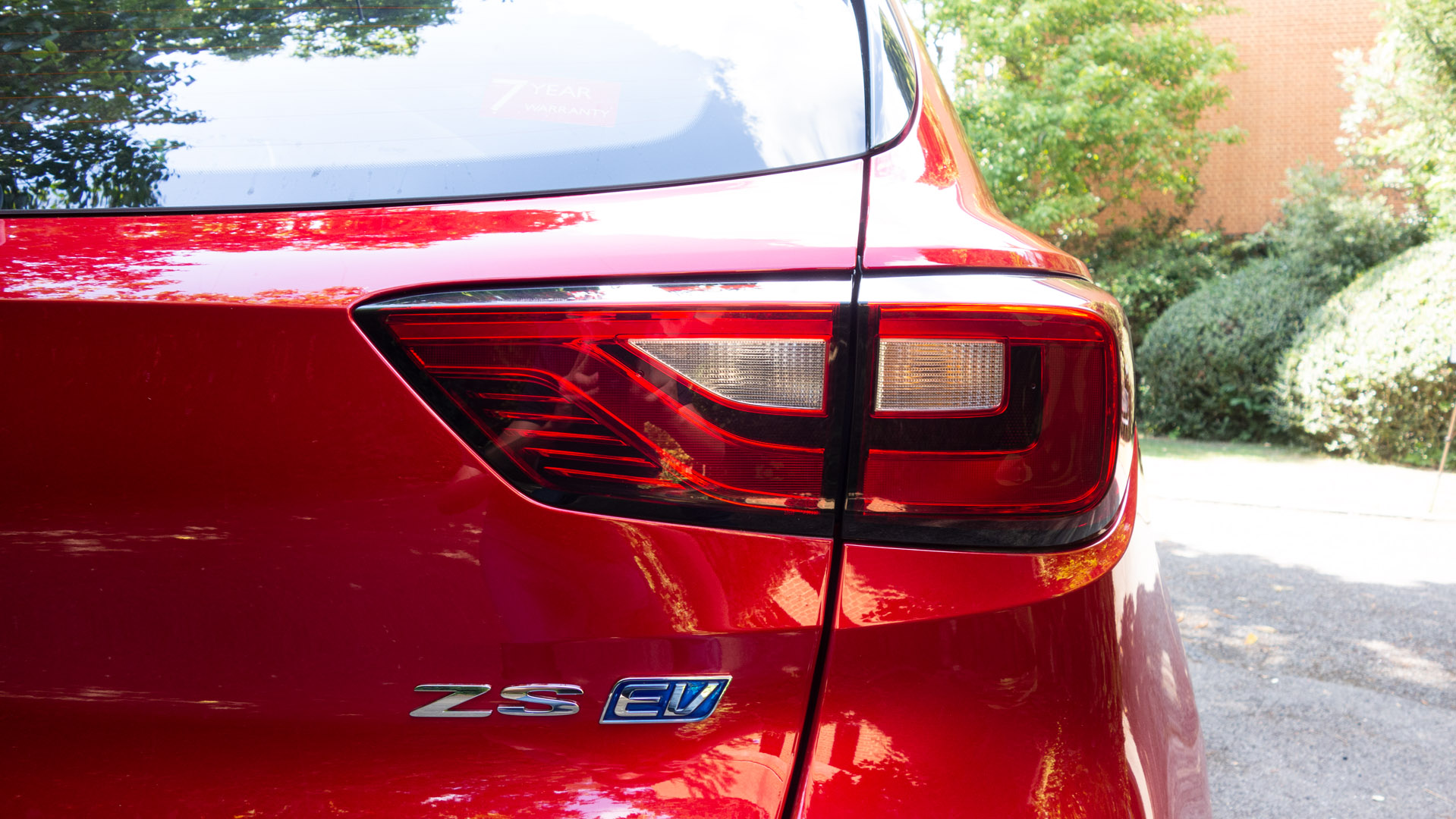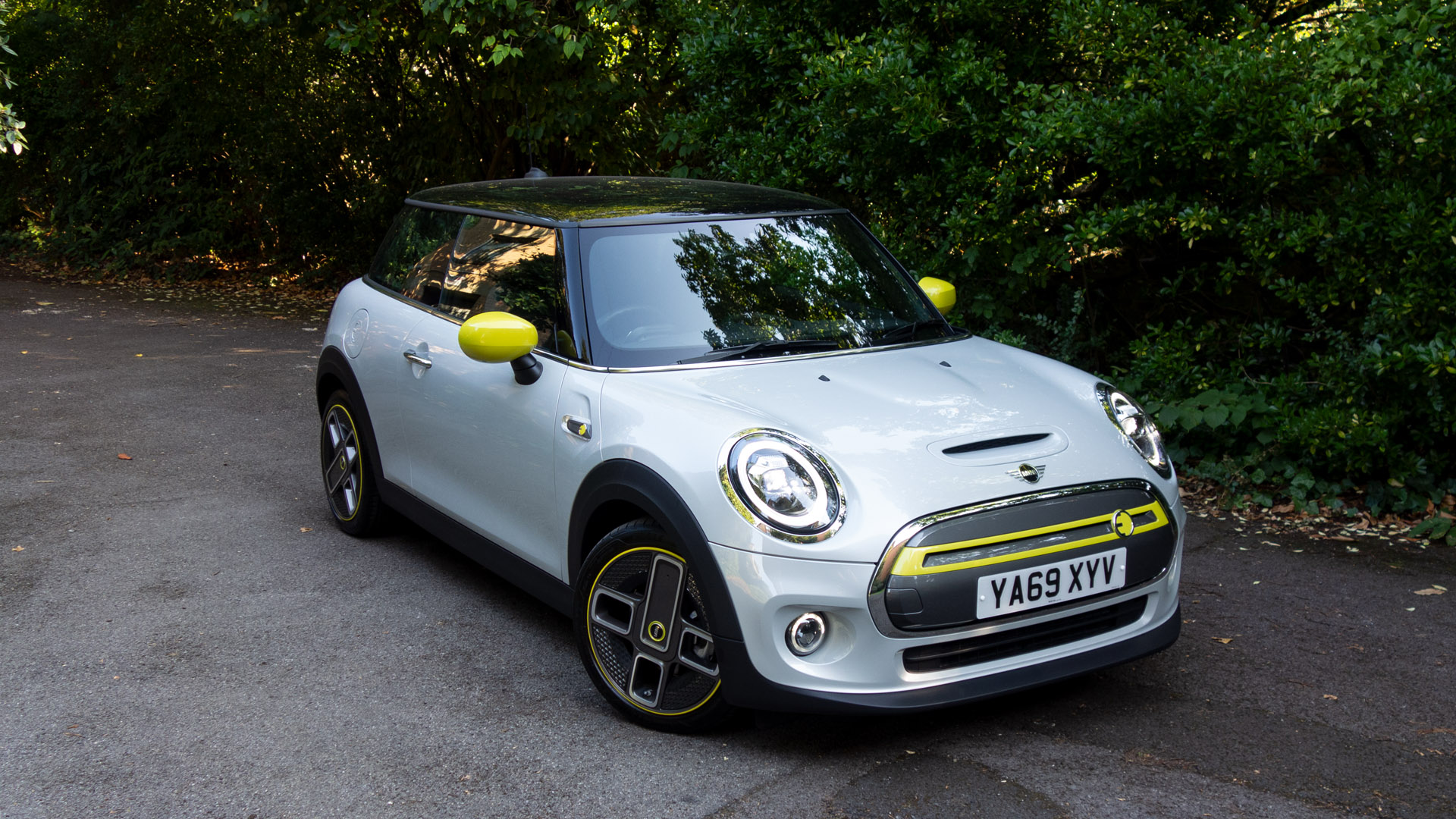A few months ago, TotallyEV reported the UK’s plans on bringing forward the ban of fossil fuel vehicles to 2030. Today, the UK’s Prime Minister, Boris Johnson, announced that the ban will come into effect ten years earlier than originally planned. It falls under the PM’s green plan, where £4bn – out of a broader £12bn package – will be allocated to achieve this target; £1.3bn will be invested in electric vehicle (EV) charging points alone.
Read next: UK to bring forward ban on fossil fuel vehicles to 2030
Society of Motor Manufacturers & Traders’ (SMMT) Chief Executive, Mike Hawes, said: “Manufacturers have invested billions to deliver vehicles that are already helping thousands of drivers switch to zero, but this new deadline, fast-tracked by a decade, sets an immense challenge.”
Indeed, the challenge the PM has set on manufacturers is likely to have a knock-on effect on the mass production and availability of all-electric and plug-in hybrids (PHEV) consumer vehicles. The latter is still set to phase out by 2035. This comes after numerous manufacturers and consumers believe there is still some work to be done before everyone can fully transition to a fully electric vehicle.
Buy a car phone mount on Amazon (Affiliate)
However, the ban doesn’t seem to affect larger commercial vehicles, which are flooded with pure gasoline models; hybrid and all-electric HGVs are a rarity. Rob Fowler, Chief Executive Officer of Volta Trucks, a manufacturer of electric HGVs, said: “We are disappointed that there is no mention in the proposals for the ban to extend to large commercial vehicles. Legacy internal combustion engine trucks are a disproportionately large contributor to greenhouse gasses and air pollution that’s proven to be a significant contributor to many thousands of premature deaths every year in our major towns and cities, where air quality is at its worst.”
This, yet again, begs the question: is the UK ready to transition to a fully electric model. Currently, less than 7% of new vehicle sales in the UK last month were all-electric and despite their rapid growth across all sectors (all-electric, mild and plug-in hybrids), there still isn’t enough incentives to consumers. For example, in March 2020, the UK government cut its grant for eligible EVs from £3,500 down to £3,000 – as a result, some vehicles, such as the Mini Electric saw a £500 price increase lobbed onto aspiring consumers.
Read next: Mini Electric review: Style over substance?
Nevertheless, Boris Johnson has set a ten-point action plan to achieve a greener future by 2030:
- Electric vehicles: As per the above news, Mr Johnson has set a ban on new fossil fuel vehicles by 2030.
- Jet zero and greener maritime: As seen on the St. Helena, a ship that’s been completely transformed by race organisers, Extreme E, the PM wants more eco-friendly ships and planes to be produced by supporting research projects in the field.
- Offshore wind: The aim will be to produce enough energy to power every home in the UK. The entirety of the UK currently generates about 10 gigawatts of power; the PM intends to take this figure up to 40 gigawatts by 2030 and looks to create 60,000 jobs in the process.
- Hydrogen: The PM wants to have five gigawatts of energy produced by hydrogen power by 2030.
- Nuclear: This form of energy production is deemed as a grey area, given the disastrous consequences if something happens; likewise with the disposal of nuclear waste. Still, the PM wants to create 10,000 jobs and push toward cleaner power plants.
- Carbon capture: In order to combat climate change, the UK government wants to develop ways of capturing and storing harmful CO2 emissions. The target is to remove 10 million tonnes of carbon dioxide by 2030.
- Public transport, cycling and walking: The PM wants to invest in creating safer and more attractive routes for cyclist and walkers, and further push people to use public transport where possible.
- Homes and public buildings: Here, the government wants to install 600,000 heat pumps every year by 2028. This will be to make homes and public places such as hospitals more energy efficient and warmer in the colder months.
- Nature: In a bid to protect the natural habitat, as pointed out by Sir David Attenborough in his latest and final documentary ‘A Life On Our Planet’, the PM looks to plant 30,000 hectares of trees a year.
- Innovation and finance: With technology ever-evolving, the PM wants to make the City of London the global centre of green finance.
“Investment in EV manufacturing capability is equally welcome as we want this transition to be ‘made in the UK’, but if we are to remain competitive – as an industry and a market – this is just the start of what’s needed. Success will depend on reassuring consumers that they can afford these new technologies, that they will deliver their mobility needs and, critically, that they can recharge as easily as they refuel” added Chief Executive, Mike Hawes from the SMMT.
What do you make of the ban on fossil fuel vehicles? Let us know in the comments section below or via social media; we’re on: YouTube, Instagram, Facebook, Twitter and LinkedIn.






